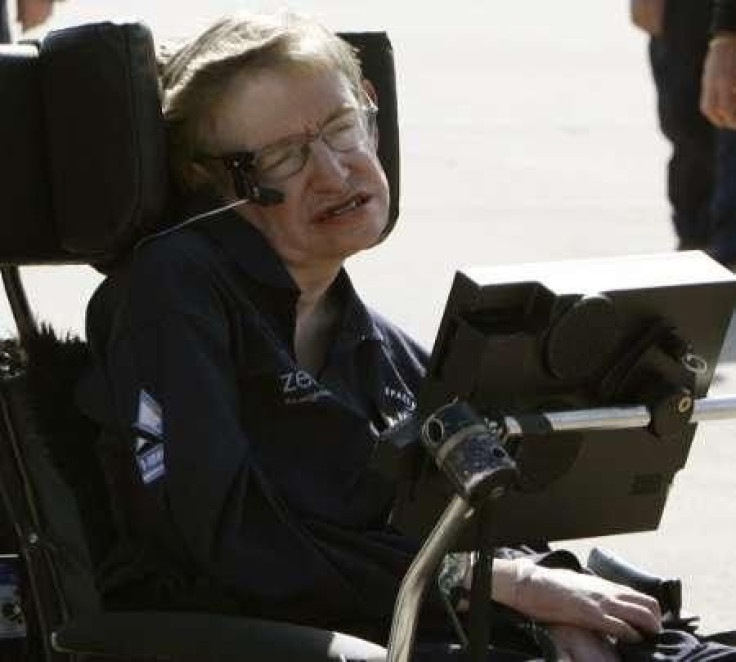Humanity Won't Last Unless Humans Colonize Another Planet, Says Physicist Stephen Hawking

The world renowned British physicist, Stephen Hawking, has made a prediction about humanity. According to the scientist, the human species will not last for another 1,000 years until it escapes Earth to inhabit some other planet in the universe.
During the session, Hawking emphasised on how scientists should keep looking into the space for the future of humanity and that people should continue to show interest in space. The lecture by the eminent scientists was sold out in no time, indicating the enthusiasm among the people to listen to what Hawking has to share about the history of time, the universe and black holes.
Hawking issued the warning during his Australian address at Sydney's Opera House. The scientist appeared at the Opera House from his office in Britain's University of Cambridge, with the help of holographic technology. The footage, recorded by two cameras, was sent to San Jose for processing before being finally released into Sydney Opera House.
He stressed on the importance of colonising other planets in the past as well. According to The Huffington Post, Hawking suggested that technological innovation and improvements can make space travel possible, with an aim to inhabit other planets.
"Sooner or later disasters such as an asteroid collision or a nuclear war could wipe us all out. But once we spread out into space and establish independent colonies, our future should be safe,” he revealed in an interview in 2006.
The lecture was conducted as part of the initiative launched by Professor John Webb from the Big Questions Institute at the University of New South Wales, in collaboration with Hawking himself. The initiative aims to answer some of the questions about the fundamentals of science.
"He's worried about the future of the human race. You know, he thinks that human beings are, I suppose naturally aggressive. That may have been useful at some point in the early history of humanity, enabling us to find food and get a partner and things like that, but he thinks that aggression that remains with us today is now the thing that could well end up destroying us,” said Webb, hoping that Hawking's lecture will inspire the new generation toward new scientific discoveries.
To report a problem or to leave a feedback on the article, send an e-mail to emailtoguneet@gmail.com.






